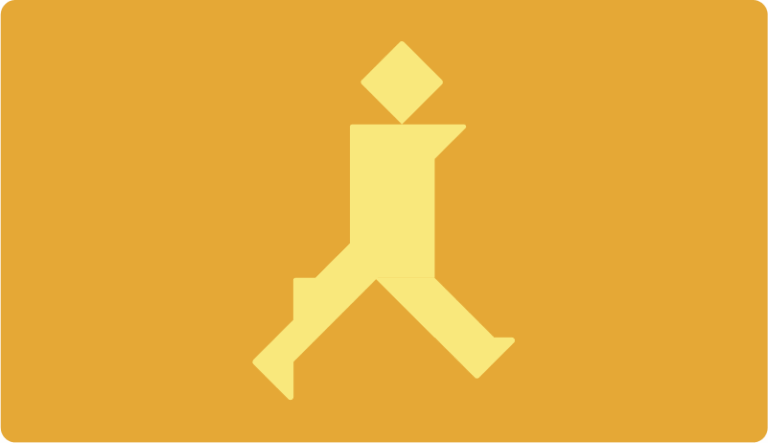
The world our students will enter demands skills, rather than pure knowledge. How do we prepare them?
What if you don’t know what you want to be when you grow up? What if what you will go on to excel at is a role in a field that doesn’t yet exist? What if you’re still ascertaining who you are and what you like – and separating that from the identity that is defined by parents, friends, and community?
What if students in your class are stuck on these questions? At the end of this year, as is true every year, many of our senior students are moving on from school. They might be off to uni, pursuing alternative studies, heading on a gap year or OE, or even joining the workforce. Our junior students have been choosing their subjects for next year, and dealing with what (for some) is possibly the first sets of exam results they’ll receive. The chances that the majority of these young people know, explicitly, what job title they want when they reach an age many of them can’t yet conceptualise are low. It’s not inconceivable then to identify that, while well meant, a simple question like ‘What do you want to be when you grow up?’ is placing pressure on teenagers to panic-plan for a future they don’t yet know is suitable for them. The Dell Technologies ‘Emerging Technologies’ Impact on Society and Work in 2030’ report, collated by the Institute for the Future (IFTF) and a panel of 20 tech, business and academic experts from around the world in 2017 estimates that as many as 85% of the jobs that will exist at that stage in the future have not been invented yet. The way that we approach work is evolving even now – and will continue to change as today’s children mature into tomorrow’s working adults. Teachers are often the trusted adults a student may turn to and can be of great support to a young person trying to ascertain where they will fit into the working world post-school. Limiting the possibilities when students are in that exploration phase can have a real impact on ambition and dreams. Personally, I was lucky, in a way – I was able to discover what I wanted to become when I grew up after I’d actually started to grow up. For me, it took a student exchange, university and a gap year in Japan before the epiphanic moment where I realised my path (at that stage) lay in the classroom. I wanted to be a teacher – and I was 21, living halfway across the world, four years out of high school and with a degree behind me when I realised that.
At that stage, the industry where I eventually found my niche had not been conceptualised, let alone developed.
I ended up leaving teaching after 11 years in the classroom to take my next place in the world, in a job that sees me supporting teachers, public speaking, advocating for my passion area and generally (hopefully) having a positive impact on teaching and learning. There was no possible way, at 13, at 16, or even at 23 that I could have targeted EdTech and my career trajectory. How could I aim for a future I had no idea existed? What I did was identify my passion, and build my education around what I enjoyed, had skill in, and wanted to see if there were career options for. In the 1990s, this was tough at times. Languages weren’t seen by everyone as a viable career choice – I was challenged by those in my community, including teachers, family members, and peers to follow my passions, yet those passions led to my dream job. A little nurturing and solid career advice based around that could well have alleviated a lot of frustration and stress for teenage me. Those are the conversations we should be having with our students. You have students like me in your classes – students who are skilled in subjects that are optional electives – or have skills that don’t feature as part of the current curriculum at all. These students are often worried that because their skills and interests don’t fit into a standard ‘job title’ they won’t be able to find a job they love. These conversations don’t need to be isolated to a Careers Counsellor – if students are able to hold these conversations with teachers they trust and respect, and who know the students well, a really powerful conversation becomes possible. Most countries have a government-sponsored website that offers excellent region-specific tips to think about career planning as a schoolwide approach – a great place to start thinking about how you can support your students to plan for a future they feel good about.
Individual agency is second nature. Questions are more important than answers.
Performance strategist Laura Garnett makes the point that “The answer always lies within us–it just takes some time to excavate. Asking questions is a great way to be more objective about your situation and to discover new things about yourself and the path you want to be on.” If we move the dialogue from ‘What job title do you want?’ to ‘What are you passionate about? What makes you happy? What is the contribution you would like to make to the world? Is there a career opportunity in that? Can you create one?’ we start to take the pressure off students to make that decision. With that pressure off, they can explore their passions, and create a life where they want to go to work, enjoy what they do, contribute positively and are happier. Sure, it’s not as simplistic as ‘Pick something you like, then do that’. Students still need to focus on mastery of literacy and numeracy, no matter their job. They need 21st-century skills like collaboration, digital literacy, critical thinking and an ability to adapt to an ever-evolving world so that they can learn the new skills that will become necessary as they complete their education and enter the adult stage of their lives. They need to learn that having a range of skills sets you up better to identify what you like, and what you are good at – so they need to learn that they can’t always be 100% focused on what they love; there are always compromises on the path to success. They need to accept that teachers and schools are making educated decisions about programme choices, and their passion area may not be available at their school. But passions matter too. There are also definitely those who do know what they want to do when they grow up, leave school, and join the workforce. They may have known their whole lives. They may have decided recently. But they know. Many of these students, though, may well go on to change their minds, and in a way, that’s almost more terrifying than not knowing at all. By creating an environment where it’s okay to know, it’s okay to not know, and it’s okay to change your mind about the important things, we are empowering students to really consider their options, and approach the future thoughtfully – and with less stress. That’s worth considering.




